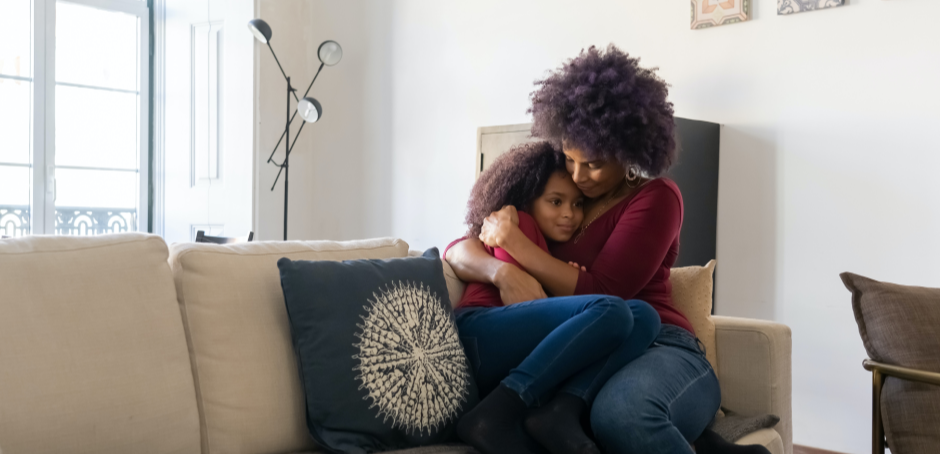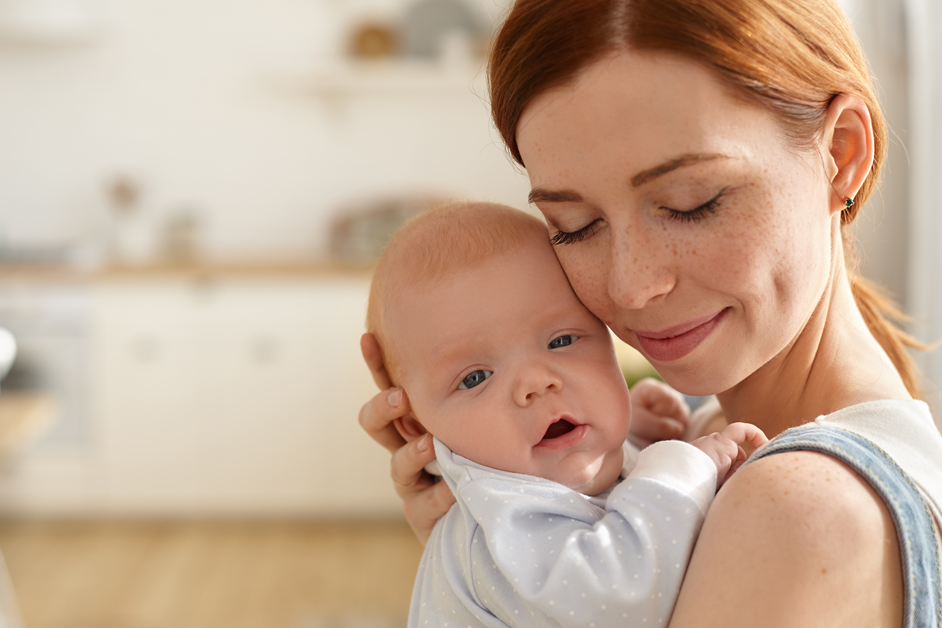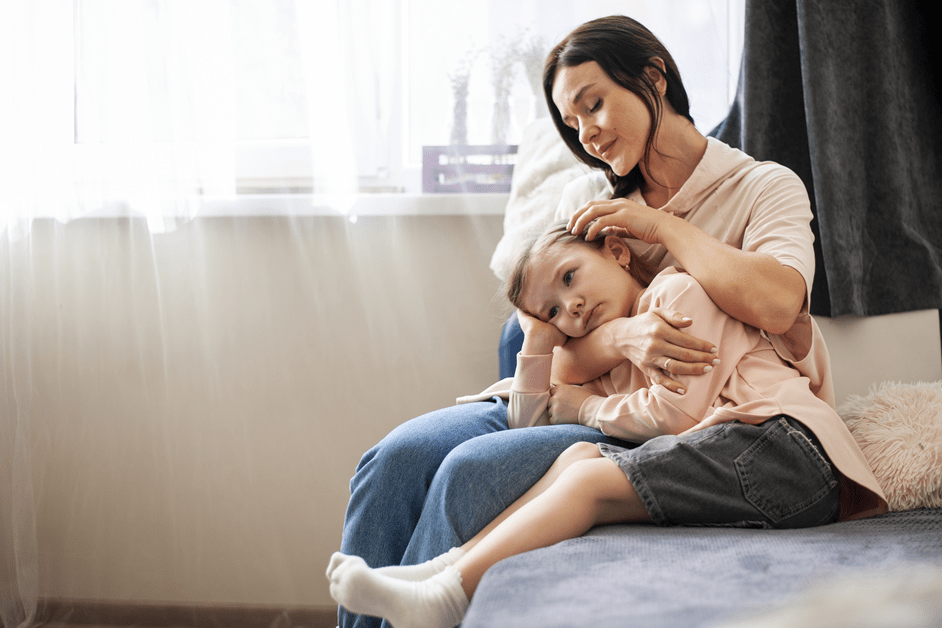Children who have a positive body image feel good about themselves and feel more confident. Having a positive body image adds to their self-esteem. On the other hand, children who don't feel good about their body or their looks tend to have lower self-esteem. Having a positive body image does not imply that you believe your body is perfect. It means that the body is accepted and embraced exactly as it is.
While much of such social conditioning occurs at home, it is critical that we begin teaching our children about positive body awareness and confidence from a young age.
Here are 5 ways you can help encourage body positivity in your children;
1. Prioritize health overweight
Positive body image should be about health and wellness rather than weight and appearance, and it is critical that children understand this. Therefore change your focus from weight to health and instead, focus on delectable foods and enjoyable physical activities. Children should not count calories or limit their intake. They should enjoy eating and learn to make healthy choices.
Refrain from discussing food rules, what is and isn't allowed, and what you can't have. Instead, model a well-balanced diet that includes all food groups while demonstrating how to portion meals, snacks, and desserts appropriately.
2. Encourage children to be physically active
Physical activity and good health go together, and children should be encouraged to find activities that they enjoy doing from a young age. One aspect of having a positive body image is to feel fit, strong, and capable. Kindersteps has over 1500+ activities to help your child.
Research suggests that families who make exercise a part of their routine are more likely to raise children who exercise on a regular basis and feel comfortable in their own bodies.
3. Inspire a Healthy Relationship with Food
If your child has food issues, it is critical that the dinner table not become a battleground, but rather a safe space for discussion. So encourage children to eat a healthy variety of foods, in moderate amounts and also discuss its nutritional value. For example, you can explain to your child that vegetables and fruit give our body energy to play, be in a good mood, and help us to grow strong and healthy.
At the same time, food shouldn’t be treated either as a reward or a punishment, but simply as a method for satisfying hunger. Remind them to pay attention to their body's hunger cues, and eat tasty, healthy snacks that will fuel their bodies.
4. Be a good role model
Avoid discussing your weight or the parts of your body that you dislike. Remember that young children imitate what they see and hear. They will follow your example before they listen to your advice. Monitoring our own language about our bodies and the appearance of others is critical in the development of our child's attitudes toward their body image. Accepting yourself in the way you look right now is the best thing you can do for your child.
Therefore what you can do as a parent is set a good example. Your child will not appreciate you unless and until you believe in yourself and are confident in your appearance. So be confident and show it in your actions and words in front of your children.
5. Teach them to respect all shapes and sizes
Respect for people of all shapes and sizes is the most important lesson you can teach your child. Positive body image is all about self-love and confidence, which can only be attained if we learn to accept different bodies and appearances. Children should be exposed to a supportive atmosphere where no one is judged based on their appearance from a young age. To help with this, dispel their misconceptions about society's unrealistic beauty standards, rather assist them in seeing how wonderful everyone is in their own unique way.
With Kindersteps you can gain access to daily recommended activities and parenting articles that enforce healthy and fun challenges through a wide range of activities to choose from.






.jpg?alt=media&token=166b64a9-274c-400c-95e4-baf0013e7e43)
